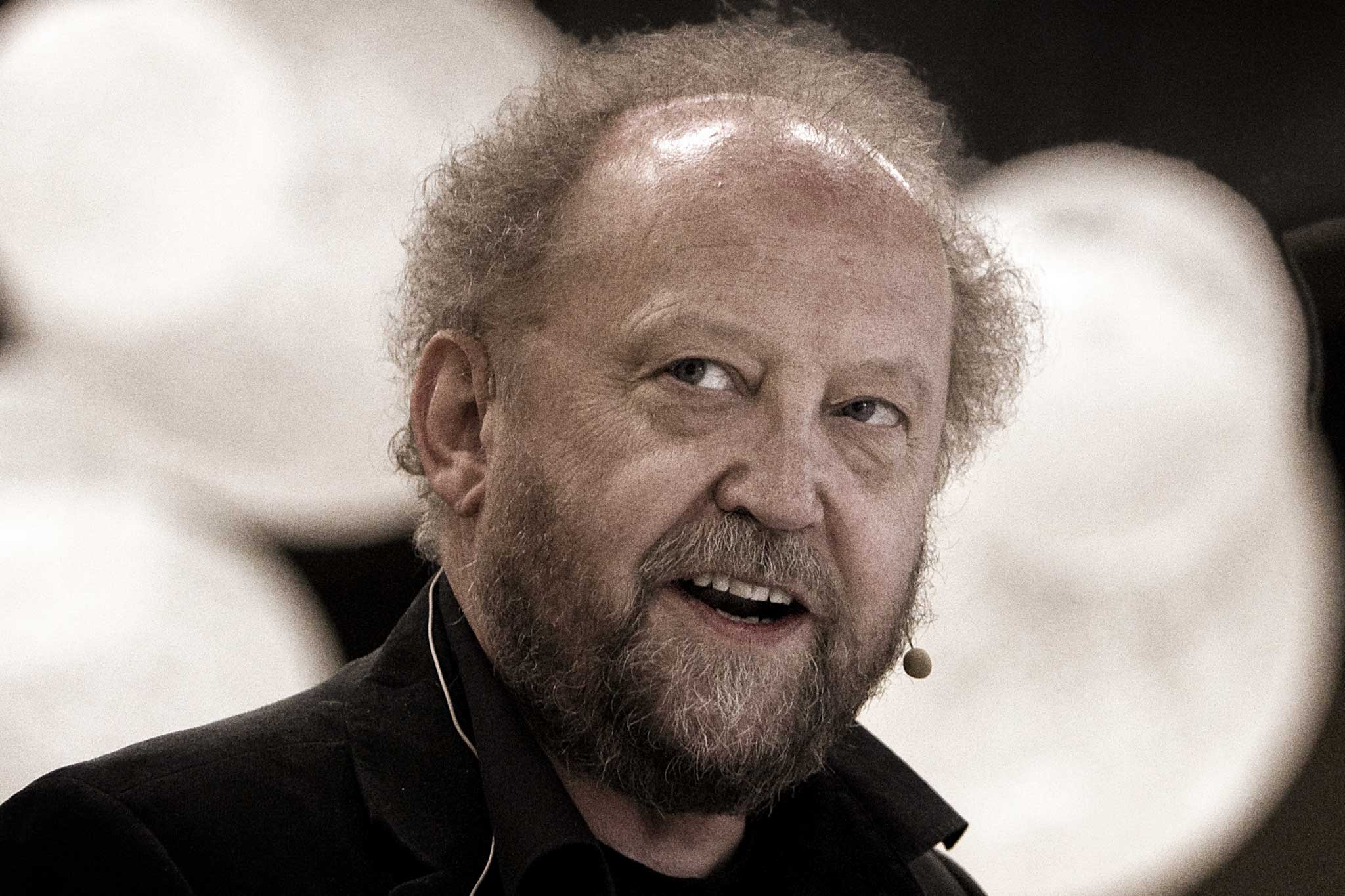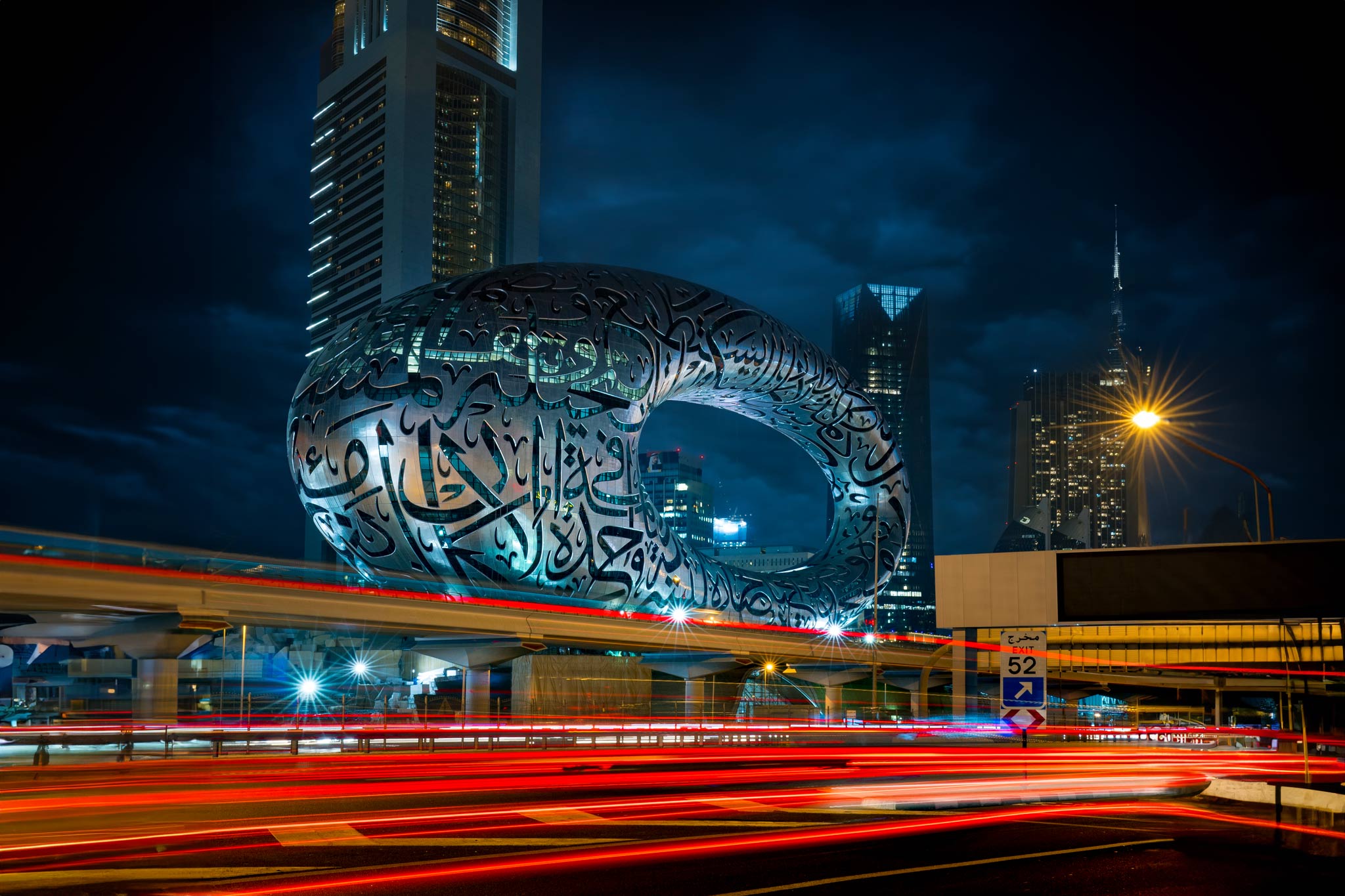Serving up stirring sustenance has long been recognised as a significant ingredient in stimulating delegates at business events. The power of nutrition not only boosts brainpower and optimum levels of engagement. However, and for Seoul-based O’ngo Food Communications, their cooking classes and food tours are the platform for new team building and great networking opportunities too.
“We have a Korean cooking class with a normal capacity of a maximum of 36 people. But we work with a different programme and two different venues located in the centre of Seoul, so we can also do bigger groups,” says Jia Choi, President of O’ngo Food Communications.
“There is a facility for 150 people, and the maximum we could have is 200 people in our separate venues. For the teambuilding, they have to work together. I do a demonstration, and then everybody has a different ingredient, or they have to discuss with each other how they will make, for example, their own style Bibimbap. It’s not one person’s opinion, so they have to discuss things collectively and form a team opinion. And then we have a judge, so we also make a game of it.
“We very often get corporate requirements asking for this,” says Jia Choi. “Almost every year for the last four years we have had people from universities such as Yale, Stanford and other good schools in Europe. Major companies such as Ikea, Adidas and others also come here as a group and do a full-day seminar and work together.”
Alongside the teambuilding cooking classes, O’ngo also runs regular food tours for those more comfortable at the table than at the stove, offering great networking in some of Seoul’s lesser-known but highly prized culinary corners.
“The food tours are more popular because not everybody likes to cook or do everything from scratch, so we do a group night dining tour with one guide and a maximum of ten people,” says Jia Choi. “We have up to twelve guides available. In high season we do big groups with four or five guides at the same time, but don’t go to the same places at the same time. People learn about the Korean lifestyle and the history of the local areas. In terms of the food, we don’t eat a lot in one spot, but we go to more hidden places where locals would go after work, visiting four to five places for sampling.”
Catering to all religious and dietary requirements upon request and with several more adventurous food tours in their development pipeline, booking a season ahead for bigger groups is recommended. And for those curious as to what O’ngo might mean, it is ‘to revitalise tradition through modernisation’. Very apt, given that their traditional twist in Seoul can markedly modernise a meeting held there.





